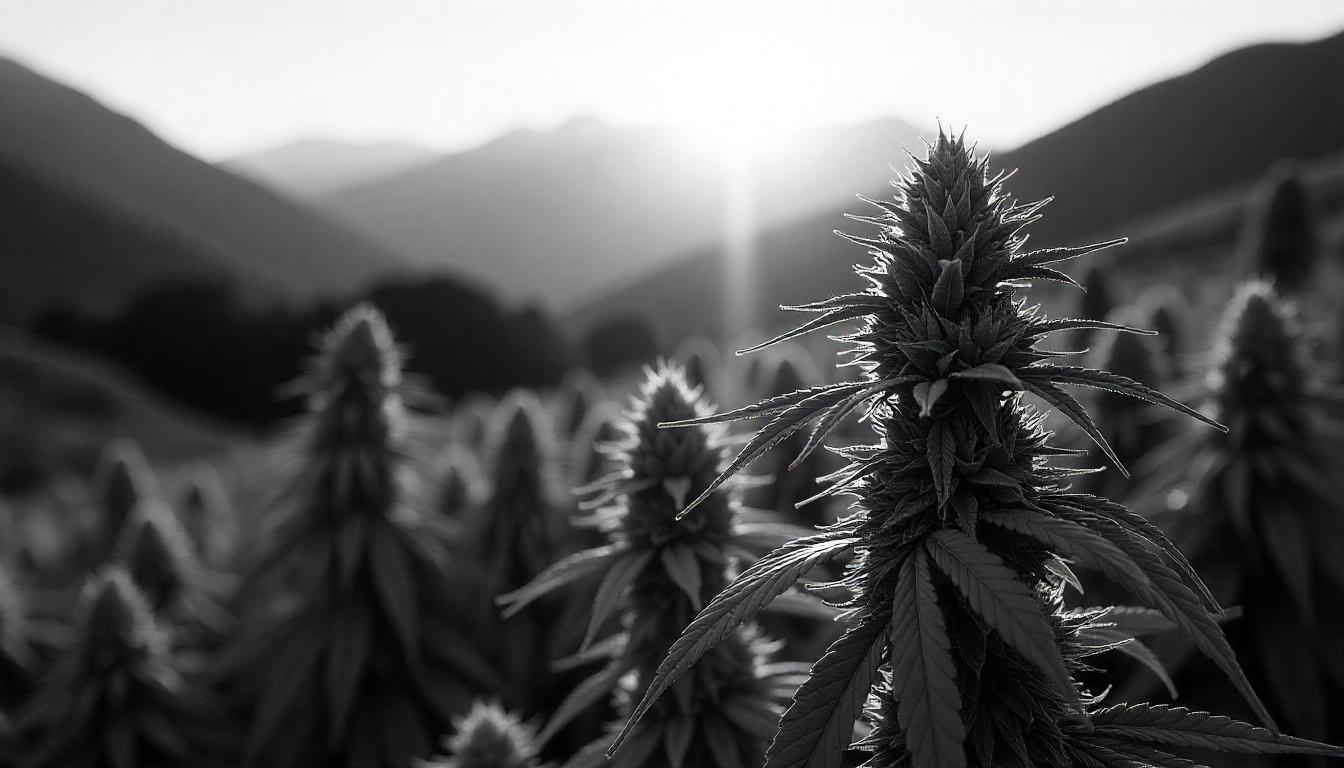Globally, cannabis laws are evolving, with many countries reconsidering their stance on its legality. In New Zealand, the situation is particularly intriguing. Despite global trends and considerable public discourse, cannabis remains illegal for recreational use. The country’s strict drug laws classify cannabis as a high-risk substance, reflecting its illegal status.
Key Takeaways
- Despite global trends, recreational cannabis remains illegal in New Zealand, with penalties for possession and use.
- New Zealand allows the use of medical cannabis under specific conditions, reflecting a more nuanced approach to its overall cannabis policy.
- 2020 referendum on legalizing cannabis for personal use was narrowly defeated, indicating a divided public opinion on this issue.
Historical Overview of Cannabis Regulation in New Zealand
Cannabis regulation in New Zealand has a complex history, marked by evolving attitudes and policies. Initially, cannabis was not a significant concern, with the native Harakeke plant being used for fiber instead. The Dangerous Drugs Act of 1927 marked the beginning of cannabis regulation, listing it among controlled substances. Over the years, cannabis use, primarily for recreational purposes, increased, particularly among musicians and university students from the late 1960s.
In 2006, the cultivation and distribution of industrial hemp were legalized, indicating a shift towards a more differentiated approach to cannabis-related substances. Despite these changes, recreational cannabis use remained illegal. The Misuse of Drugs Act 1975 is the primary legislation governing cannabis, classifying it as a high-risk drug and imposing strict penalties for its possession and use.
The 2020 referendum was a significant event, reflecting the country’s grappling with global trends towards legalization. However, the narrow defeat of the referendum highlighted the country’s cautious stance on cannabis legalization, influenced by both social and cultural factors. The debate continues, with ongoing discussions about the potential benefits and risks of cannabis legalization.
Medical Cannabis in New Zealand: Legal Provisions and Accessibility
In New Zealand, the legal landscape for medical cannabis has evolved significantly. The Misuse of Drugs Act 1975 initially governed its use, but recent amendments have broadened the scope for medical marijuana. Since December 2018, terminally ill patients have been allowed access to medical cannabis. As of late 2022, dried cannabis flower is available on prescription for various conditions, including pain, sleep, and anxiety issues.
The process for patients to access medical cannabis involves obtaining a prescription from a registered doctor. The Misuse of Drugs (Medicinal Cannabis) Regulations 2019, effective from April 2020, further facilitated the approval of prescription medicinal cannabis products. This legislation also allows for the licensing of commercial cultivation of cannabis plants for medicinal use, marking a significant step in making medical cannabis more accessible.
Despite these advancements, the use of medical cannabis is still tightly regulated. Patients must meet strict criteria to be eligible for cannabis-based pharmaceuticals, and only certain products like Sativex are approved for use. The cost of these medications, not being subsidized, remains a barrier for many. The legal framework, while progressive, still poses challenges in terms of accessibility and affordability for patients in need.
Current Legal Status of Recreational Marijuana in New Zealand
In New Zealand, the legal status of recreational marijuana is clear: it remains illegal. This stance was reaffirmed in the 2020 referendum, where a proposal to legalize cannabis for personal use was narrowly defeated. Under the Misuse of Drugs Act 1975, possession, use, and distribution of cannabis for recreational purposes are criminal offenses, with penalties ranging from fines to imprisonment.
The law classifies cannabis as a high-risk drug, and its illegal status is enforced through strict penalties. Possession of cannabis can lead to a fine of up to $500 or imprisonment for up to three months. Cultivation and distribution of cannabis carry even more severe penalties, including long prison sentences.
Despite these strict laws, cannabis is the most widely used illicit drug in the country. The legal framework reflects a cautious approach towards recreational cannabis, balancing public health concerns with law enforcement. The defeat of the 2020 referendum indicates that while there is significant public interest in legalizing cannabis, there remains substantial opposition to changing the current laws. This legal status quo underscores the country’s ongoing debate and divided opinion on the issue of recreational cannabis use.
Possession, Cultivation, and Consumption: What’s Allowed in New Zealand?
In New Zealand, the laws regarding the possession, cultivation, and consumption of cannabis are stringent. Under the Misuse of Drugs Act 1975, possession of any amount of cannabis is illegal, with penalties including fines and potential imprisonment. The law does not differentiate between small amounts for personal use and larger quantities, making any possession a punishable offense.
Cultivation of cannabis is also illegal, with severe penalties for those caught growing cannabis plants. The law imposes a maximum penalty of seven years imprisonment for cultivation, reflecting the government’s strict stance against cannabis production. This prohibition extends to all forms of cannabis cultivation, including personal and non-commercial operations.
Consumption of cannabis in any form is illegal in New Zealand. Despite its widespread use, particularly in social settings like parties and concerts, the law does not permit any form of cannabis consumption. This includes smoking, ingestion, or any other method of consumption.
The strict regulations around possession, cultivation, and consumption highlight New Zealand’s cautious approach towards cannabis. While medical cannabis is legal under certain conditions, the recreational use of cannabis remains firmly outside the legal framework. The government’s stance is clear: any activity involving recreational cannabis, whether possession, cultivation, or consumption, is illegal and subject to legal penalties.
What Future for Cannabis Legislation in New Zealand?
The future of cannabis legislation in New Zealand remains uncertain. Following the narrow defeat of the 2020 referendum on legalizing cannabis for personal use, the country stands at a crossroads. While there is significant public interest and debate on the issue, the current legal framework firmly prohibits recreational cannabis. Future changes to cannabis legislation will likely depend on shifts in public opinion, political will, and ongoing discussions about the benefits and risks associated with cannabis use. Whether New Zealand will join the global trend towards legalization or maintain its current stance remains to be seen, making it a topic of continued interest and debate.
To Sum Up
Is Marijuana legal in New Zealand? While medical cannabis is legal under specific conditions, recreational marijuana remains illegal. The country’s drug laws classify cannabis as a high-risk substance, with strict penalties for possession, use, and cultivation. The 2020 referendum, which could have legalized cannabis for personal use, was narrowly defeated, reflecting the country’s divided opinion on this issue. As global attitudes towards cannabis continue to evolve, New Zealand’s approach remains cautious, balancing public health concerns with law enforcement priorities.









